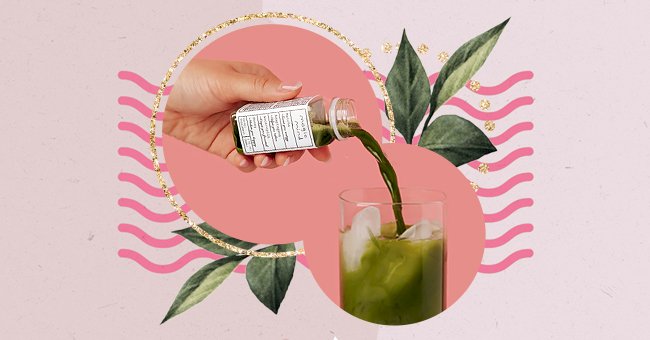
Top 7 Vitamins & Minerals Essential For Women
Are you feeling fatigued even though you are getting enough rest? Maybe you're not getting the right amount of these essential vitamins and minerals daily.
If you're constantly feeling sluggish, there are many reasons for that and one of them may be a nutrient deficiency. There a few nutrients that are essential for the body to function properly.
The best place to get all the nutrients we need daily comes mainly from a whole-food, unprocessed and healthy diet, filled with vegetables and fruits. If for whatever reason, you can't get to the recommended daily amount of specific vitamins and minerals, it's recommended to consider supplementation. Let's see what the most essential nutrients for women are.
Iron
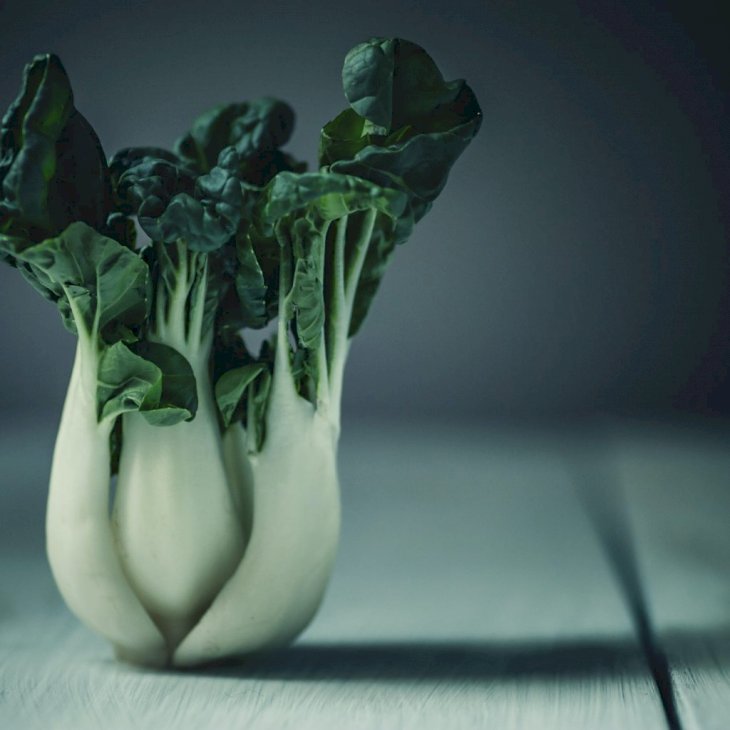
Photo by Jasmine Waheed on Unsplash
The first essential mineral on the list is iron. Iron is a component of hemoglobin, which is the substance in red blood cells that carries oxygen. A lack of red blood cells is called iron deficiency anemia.
Fatigue and sluggishness might be a sign of iron deficiency. Women need more iron than men as we lose some of it during menstruation and pregnancy. The recommended daily intake is 18 mg for women from ages 19 to 50.
Calcium
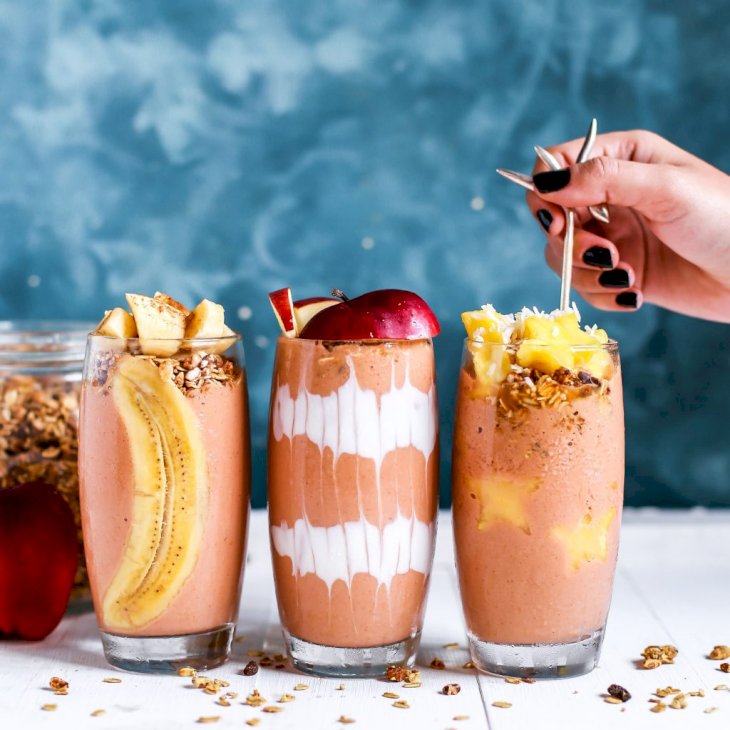
Photo by Brenda Godinez on Unsplash
Calcium works mainly as a nerve signal transmitter, hormone releaser, and muscle contractor, as well as being essential to bones and teeth strength and health. The recommended daily amount of calcium for women is 1,000mg daily.
Magnesium
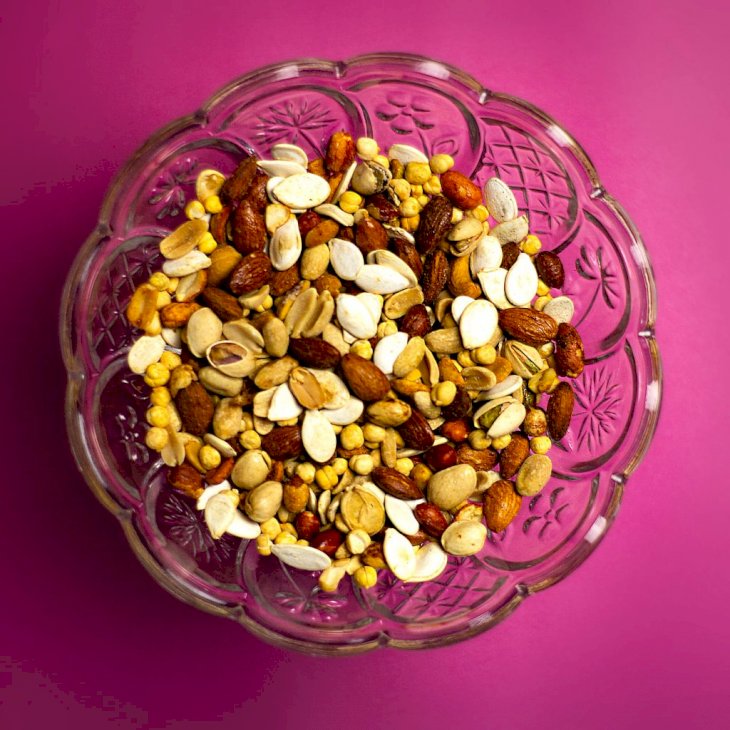
Photo by Usman Yousaf on Unsplash
Like calcium, magnesium is essential for women because it works in several body functions like bone and tooth formation and helps prevent bone loss. Women age 19-30 should take 310 mg of magnesium daily and for women above 31, it goes to 320 mg.
Vitamin D
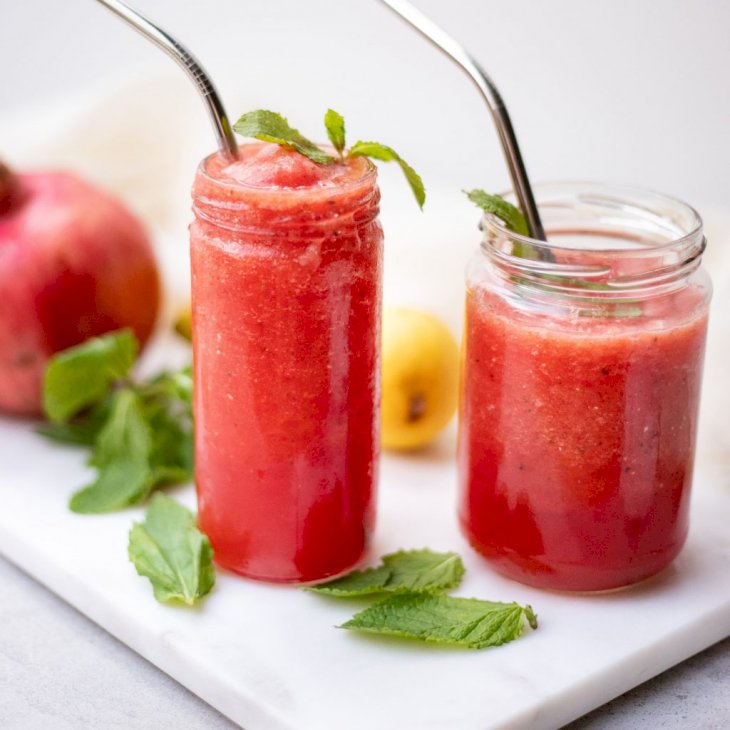
Photo by Yulia Khlebnikova on Unsplash
Vitamin D is created by the body when our skin is exposed to sunlight, making the sun our best source of vitamin D. However, if you're almost always indoors and get little or no sunshine on your skin, you may check the possibilities to increase vitamin D intake — through food or supplement.
Vitamin B12
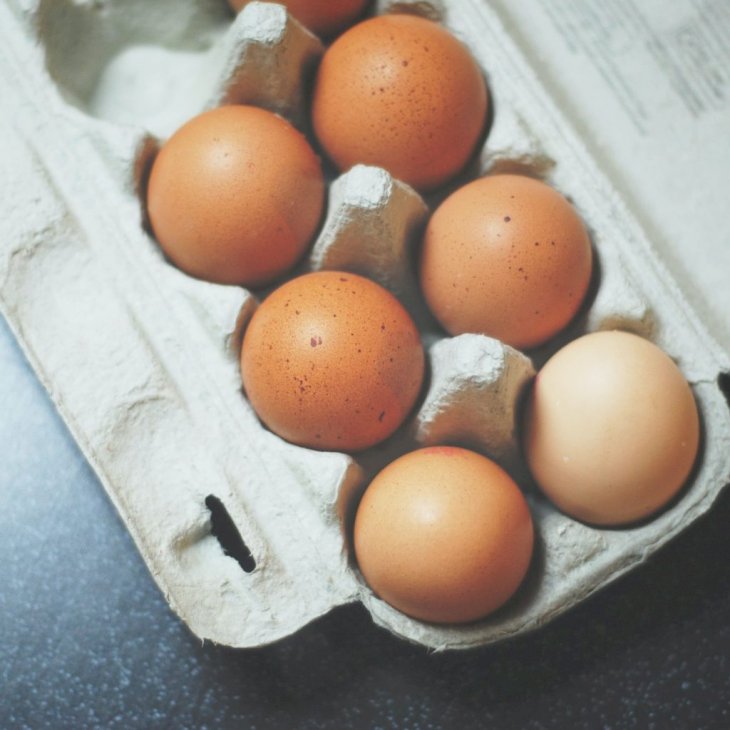
Photo by Hello I'm Nik on Unsplash
Vitamin B12 is what helps the brain and nervous system stay healthy. As we get older, our body may reduce its capacity to absorb B12. Mostly found in animal sources, vegetarians and vegans are more prone to develop deficiency.
Fibers
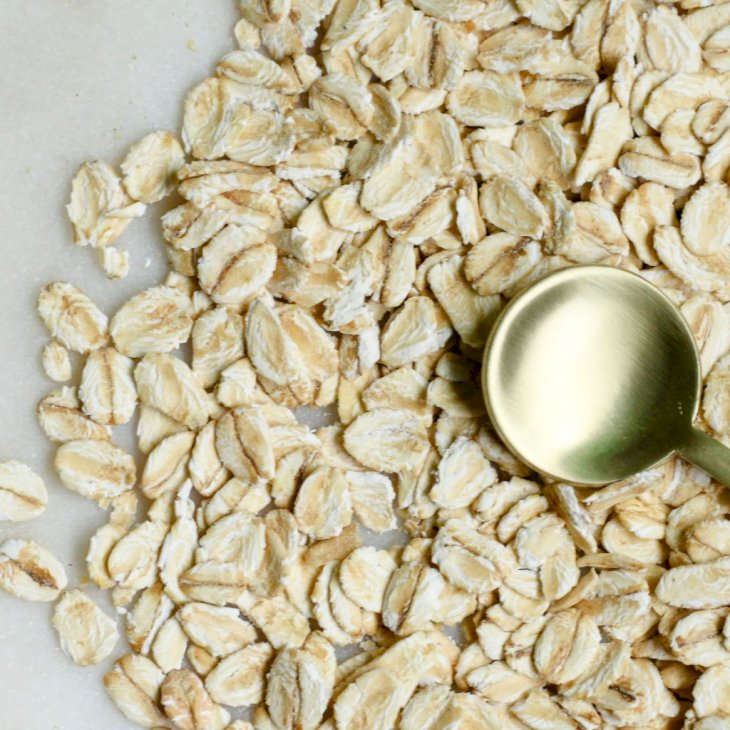
Photo by Melissa Di Rocco on Unsplash
There are two types of fiber your body needs, soluble and insoluble. Fiber is crucial to our body as it's the sugar and cholesterol regulator and it can help with weight loss. The recommended daily amount of fiber for women is 21-38 grams per day.
Vitamin C
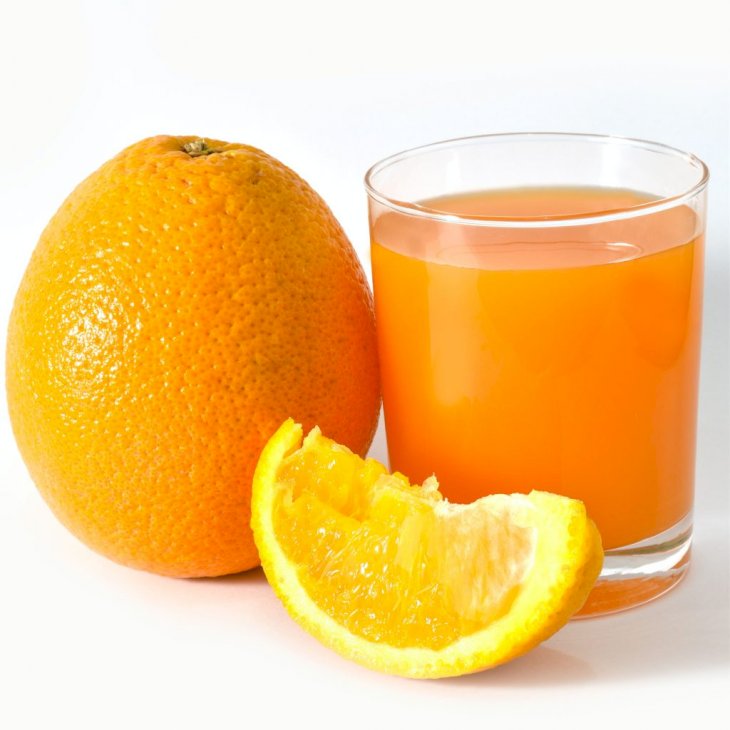
Photo by Rene Lehmkuhl on Unsplash
Vitamin C can be described in just four words: the immune system booster. It's also responsible for the development and repair of all body tissues. 500 mg of vitamin C is the daily recommended intake along with around 5 servings of fresh fruit and veggies.